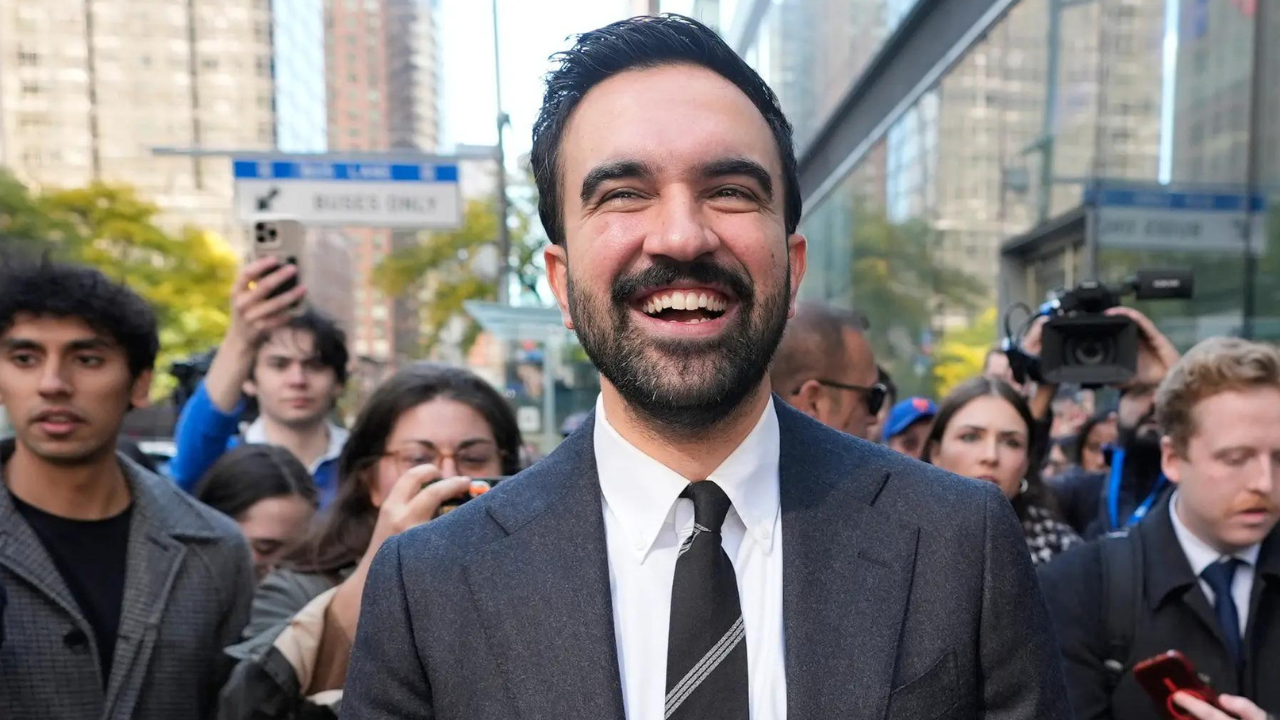ARTICLE AD BOX
Prime Minister Keir Starmer says Britons who get additional income from stock holdings don't count as 'working people,' suggesting he's willing to raise taxes on investors.
When asked by Sky News if someone who works but also gets income from shares or property is a working person, Starmer said "they wouldn't come within my definition." His government has repeatedly promised not to raise taxes on who he considers to be working people, including ruling out raising income tax, national insurance on employees and value added tax.
"People will know whether they're in that group or not, those people who work hard and are anxious about whether they can make ends meet and know that should something happen to them and their family, they can't write a cheque to get out of the problem," Starmer said, when asked for his definition.
His spokesman Dave Pares later clarified that a person who holds a small amount of savings in stocks and shares still counts as a working person, despite Starmer's earlier comments. He said that Starmer was referring to someone who primarily gets their income from assets.
Starmer's new government has sought to demonstrate its commitment to wealth creation in the run-up to this budget, including hosting a summit earlier this month for businesses and investors designed to raise billions of private money for the UK. Earlier this week, he said there's "no reason" for entrepreneurs to leave Britain, despite the prospect of tax rises.
Chancellor of the Exchequer Rachel Reeves has conceded that she's looking at other taxes to ensure "the sums add up," leading to widespread expectation that employers will pay more national insurance and that capital gains and inheritance taxes will go up. An increase in capital gains tax is likely to impact people selling property as well as shares.
Reeves is under pressure to increase public spending despite the limited fiscal room she inherited from her Conservative predecessors preventing her from offering large giveaways. She confirmed on Thursday that she will change the fiscal rules underpinning the UK's spending plans in order to boost government investment, a move that could allow Britain to borrow as much as £70 billion ($91 billion) more over the next five years.
(Except for the headline, this story has not been edited by NDTV staff and is published from a syndicated feed.)
.png)
 1 year ago
10
1 year ago
10








 English (US)
English (US)